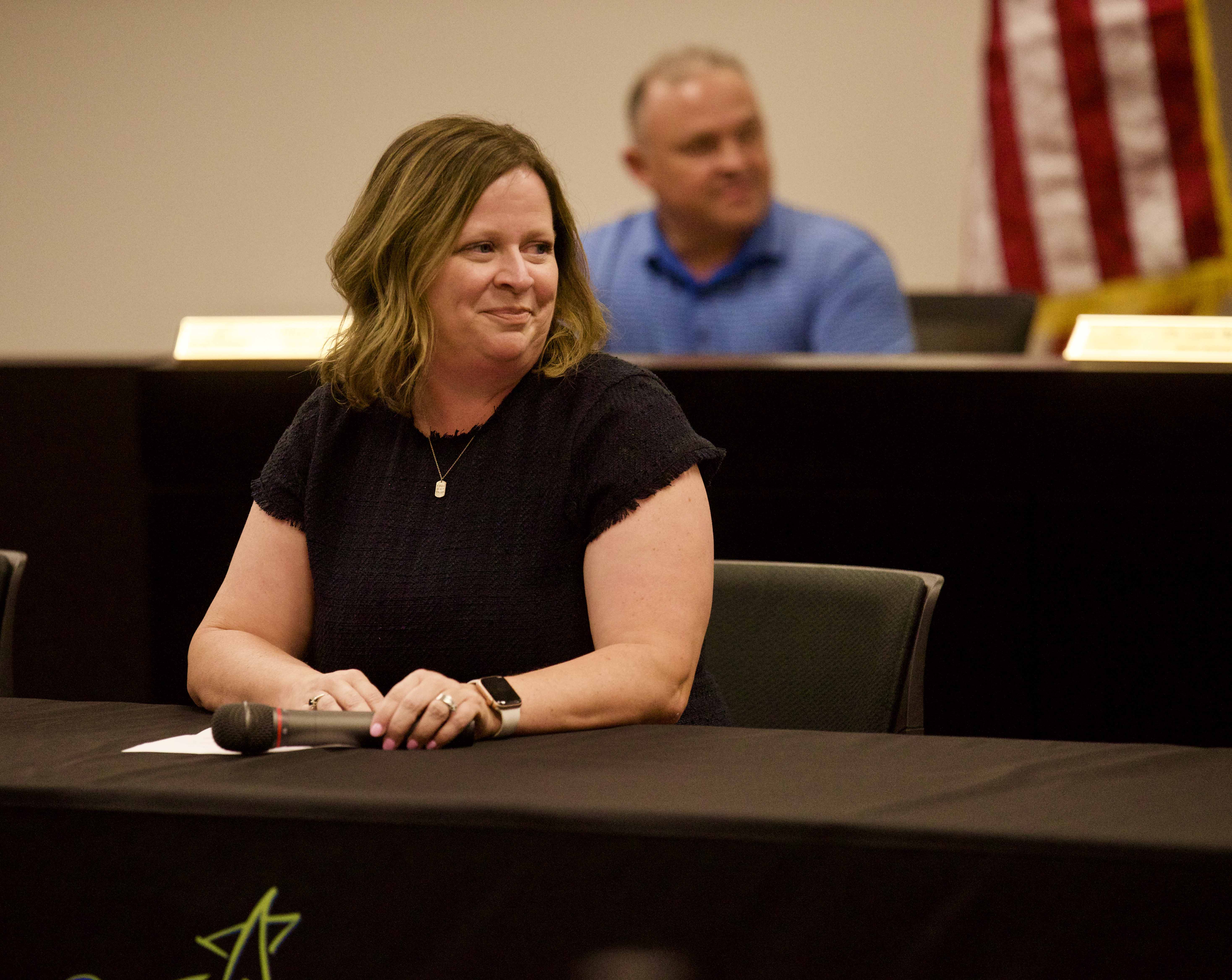Legislature’s regional social services idea attracts opposition
Published 12:10 am Wednesday, May 24, 2017
By Josh Bergeron
josh.bergeron@salisburypost.com
SALISBURY — Roughly 20 percent of Rowan County residents could be affected by a consolidation proposal that has attracted opposition from county social services departments across the state.
The proposal, included in the N.C. Senate budget, would shift social services departments from county operations to regional agencies. Currently, the state’s 100 counties have a social services department in each; the proposal would shrink that number to no more than 30 regional agencies.
If approved, January 2022 would be the deadline for regional agencies to be operational.
The N.C. Association of County Directors of Social Services opposes the idea and calls it “mandatory regionalization.” The proposal would further fragment the state’s system of social services, weaken the safety net in each county and place children and families at risk, the association says.
Donna Fayko, Rowan County’s social services director, said she is not opposed to some type of reform. Fayko said the state association supports many parts of the legislation, but she questioned whether a regional structure would help.
“I’ll be the first to tell you that, when it comes to improving outcomes for children and families, I’ll be supportive of that if it’s the right thing to do,” Fayko said. “That’s what I’ve dedicated my career to. … I’m not going to back down from doing what’s right because of a structure.”
She said the state association prefers that legislators study the regional approach before enacting a change.
Fayko said the Rowan County Department of Social Services interacts with 20 percent of county residents — about 28,000 people — through its various programs. All of those residents could be affected by the regional proposal.
In a party-line vote, the Senate passed a budget with the regional plan included on May 12. Both of Rowan County’s state senators — Andrew Brock, R-34, and Tom McInnis, R-25 — voted for the budget.
The regional social services idea is more than 100 pages into the Senate budget. It would set up a Social Services Regionalization Working Group to make recommendations to the N.C. Department of Health and Human Services. The working group would include people appointed by state legislators, county commissioners, social services directors and others. A preliminary plan would be due by early 2019. The appointed board would submit an initial report by June 2018 and a final report by December 2018.
The N.C. House is now crafting its own budget, which could omit some proposals from the Senate’s version and add others.
State Rep. Carl Ford, R-76, said his No. 1 goal is to ensure that the regional social services idea doesn’t appear in the House budget.
“The provision, while proposed as a cost-saving measure, is bad policy when it involves children,” Ford said. “You know I love to cut waste in the budget, but this is more important than money.”
Rep. Harry Warren, R-77, said he was not familiar with details of the proposal. Warren said he has received feedback from constituents who oppose regional agencies.
Sen. Andrew Brock, R-34, also said he’s unfamiliar with the reorganization plan. However, he said some local departments of social services are better run than others.
“If things were completely fine, we wouldn’t be looking at this change,” Brock said.
Fayko contested the notion that the state’s social services system is broken. She provided statistics showing that North Carolina ranks better than average in a number of factors for child safety and well-being.
On Tuesday, Ford confirmed that the regional proposal won’t appear in the House budget when released. That doesn’t mean the proposal is dead. It’s likely the House and Senate budgets won’t be identical and, as a result, will require legislators to resolve spending differences in what’s known as a budget conference.
Brock, who has been selected as a conferee for previous budgets, was noncommittal when asked if he would oppose the regional approach. Brock said he probably won’t be picked to serve on the budget conference in an area related to social services.
Because of uncertainty about what social services regions might look like, Fayko said she is concerned that politics might play a role in funding regional agencies, how departments could complete a state improvement plan at the same time they are merged into multicounty regions and how regional departments could respond to unique problems in individual counties. She has a long list of other concerns, such as how judicial districts would align with the regional social services departments.
“The bill only provides for an implementation group who would work out all the details, and the details are huge,” she said.
Contact reporter Josh Bergeron at 704-797-4246.





